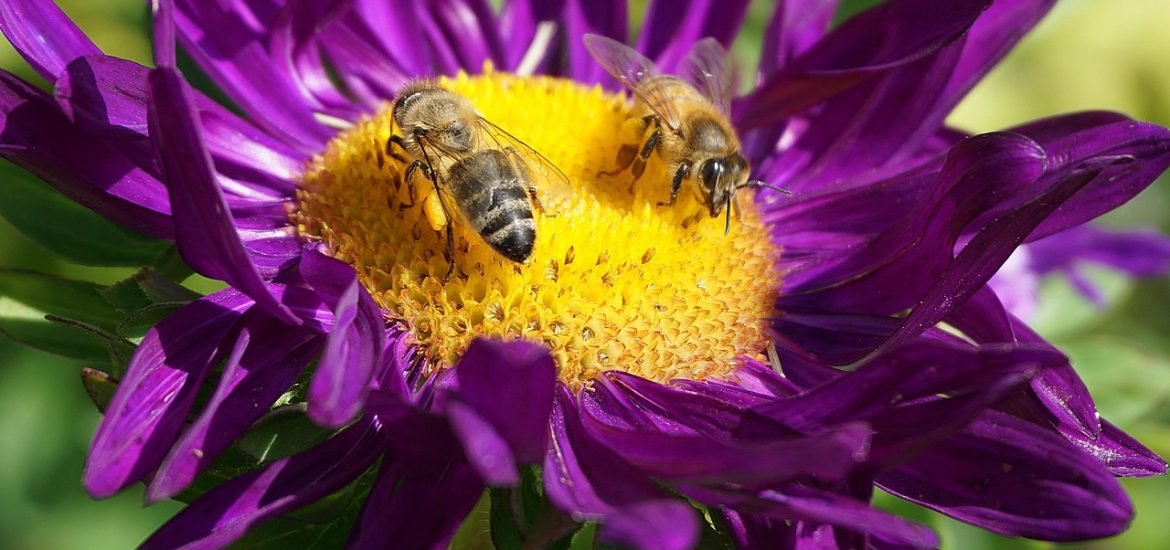
Private gardens represent a steady and realisable supply of nectar to feed pollinators when farmland sources are limited, according to a study published in Proceedings of the Royal Society B. The authors defend that even small rural gardens can help pollinators during early spring and late summer when nectar is more scarce.
A team from the University of Bristol, UK, discovered that gardens provide between 50% and 95% of the total nectar during critical times.
“It’s well known that gardens and urban areas can be great places for pollinators like bees, flies, and butterflies. Past research shows that cities often have more types and numbers of pollinators than farming areas. There’s also evidence that pollinator populations are healthier in rural areas when they’re close to small towns or villages, so we know gardens are good for pollinators, but we don’t fully understand why,” said Dr Thomas Timberlake based in Bristol’s School of Biological Sciences. “Our study aimed to figure out exactly what it is about gardens that makes them so beneficial for pollinators.”
The team measured how much nectar—essential food for pollinators—is available in gardens and farmland during the year. Gardens only provide a small amount of nectar compared to farm areas (less than 15%), but it’s a reliable and continuous source. In contrast, nectar farmland almost disappears during certain months of the year, leaving pollinators struggling to find food.
The good news is that more than 90% of farmland in the UK is located within one kilometre of a garden. This way, small private gardens are easily accessible to insects living on nearby farms. Pollinator-friendly gardens have a positive impact that extends far beyond the garden fence, helping pollinators nationwide.
“Many people feel powerless when it comes to fighting biodiversity loss, thinking it’s too big of a problem to tackle on their own. But our study shows that individual citizens can make a big difference,” said Dr Timberlake. “People can support pollinators in their gardens and surrounding farmland by simply making sure their garden has pollinator-friendly flowers blooming throughout the year—especially in early spring and late summer when pollinators are hungriest.”
Next, the team wants to determine what specific plants best cover those seasonal hunger gaps and whether gardens should be included in future environmental protection schemes. The authors defend that gardens can help pollinators more than farmland habitats, and encouraging people to have a pollinator-friendly garden in rural areas could help us tackle pollinator declines.
“In a country like the UK, where towns and villages are spread throughout the countryside, gardens might be helping pollinators more than we ever realized,” concluded Dr. Timberlake. “For the 27 million gardeners in the UK, this study highlights just how important their gardens can be in helping to reverse the decline of pollinators.”
Timberlake TP, Tew NE, Memmott J. Gardens reduce seasonal hunger gaps for farmland pollinators. Proc Biol Sci. 2024 Oct;291(2033):20241523. doi: 10.1098/rspb.2024.1523